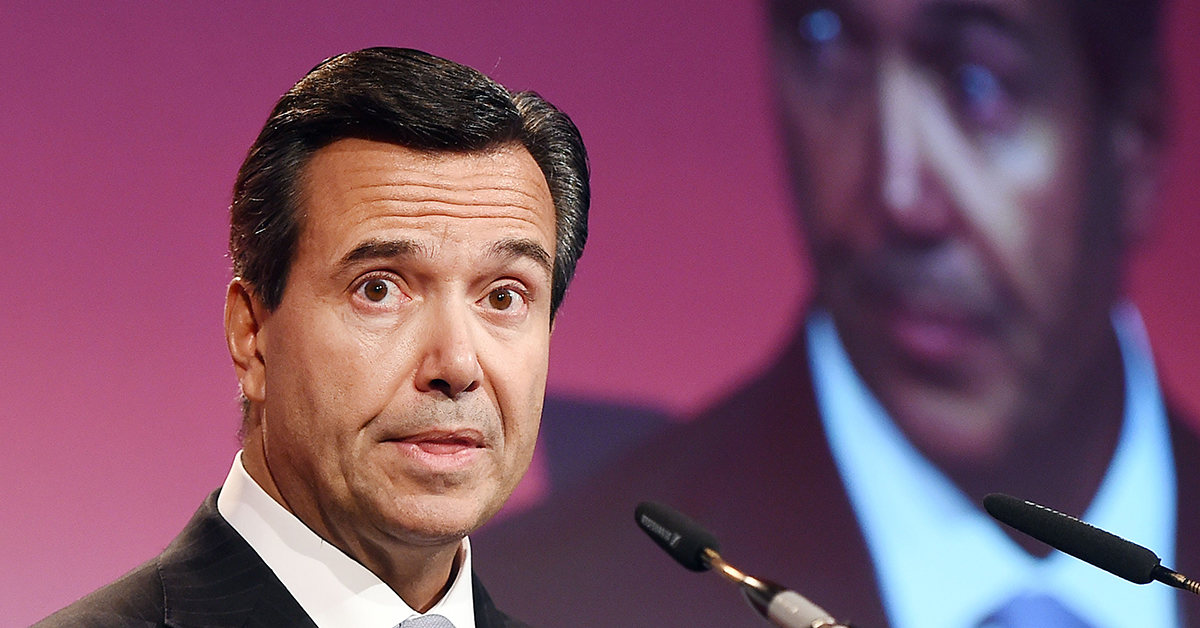Credit Suisse’s new chairman will have to bring the turn-around skills he utilized at Lloyds a decade ago.

Credit Suisse’s incoming chairman António Horta-Osório has a lot to set right. So far this year, Switzerland’s second-largest lender saw what should have been bumper profits wiped out by a $4.7 billion loss incurred through its prime brokerage division’s relationship with Archegos, the US-based family office of former hedge fund manager Bill Hwang.
Meanwhile, the bank’s asset management arm is trying to recover some of the $10 billion of investors’ funds it put into Greensill Capital, a supply-chain financier that has been declared bankrupt. Current estimates are that Credit Suisse clients stand to lose some $3 billion on their supposedly low-risk investments.
The outcome is that Credit Suisse sustained huge financial losses and immeasurable reputational damage, largely as a result of flaws in its risk management processes. Coming on top of earlier write-offs on lending to failed hedge funds and the scandal over internal spying which led to the removal of former CEO Tidjane Thiam, Credit Suisse seems now to be at the center of a “perfect storm.”
Yet for Portuguese-born Horta-Osório, there is nothing new about taking on a top job in the midst of a crisis. Ten years ago, he started as CEO of the UK lender Lloyds as it struggled to survive following the disastrous government-sponsored merger with failing HBOS (Halifax Bank of Scotland). The combined group had to be bailed out repeatedly by the British taxpayers, who ended up owning a 43% stake.
During his decade at the helm, Horta-Osório turned the bank around, repaid the state’s holding in its entirety, reinstated dividend payments and guided a digital transformation that helped make Lloyds the most profitable UK lender. Failures in risk management were the root cause of the crisis at Lloyds, too. Battered Credit Suisse shareholders, clients and employees must be praying that, even as chairman, he can do it all over again.
While the company continues to face intense shareholder scrutiny, the new chairman will head a board of non-executive directors whose oversight of affairs to date has been questionable, at best. He will also need to rebuild morale among the employees who thought they had turned in a stellar performance only to find their bonuses slashed because of risk management failures elsewhere in the organization.



